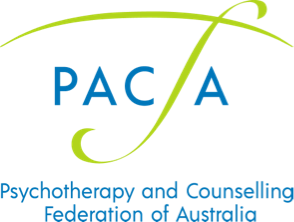How Gestalt therapy can help with Anxiety
Gestalt therapy is a holistic practice that looks at the whole person and their environment. The aim of the therapeutic relationship in Gestalt therapy is to co-create with the client a new nutritious experience, in order to help the client grow and understand themselves as they are. This involves building awareness and exploring the parts of themselves that they like, the parts that they don’t like and the parts of themselves they have disowned or are out of awareness. It is about accepting all these parts and recognising when they are helpful and unhelpful. When we experience and accept ourselves in our entirety we have flexibility and choice to allow ourselves with awareness to choose in the moment what best serves us.
Often as humans we try to avoid fear, anxiety and panic through trying to control, suppress or avoid these uncomfortable feelings. However these feelings wish to be heard and understood and will continue to be present in our lives until they are heard, understood and given a voice.
Therefore we need to make friends with, become curious about and get to know our fear, anxiety or panic by slowing down, looking inward and being welcoming of our own internal experience, allowing space and time for them to be heard, voiced and cared for. It is about learning to know your emotional world and how to relate to your emotions in a way that soothes them rather than exacerbates.
To change our emotions we need to feel our emotions and respond to them with attention and care.
Emotions are designed to enhance life, not detract from it. Learning to embrace and be with all emotions pleasant and not pleasant is the key to emotional health.
To overcome Anxiety a therapist can walk you through the following steps:
- Valuing emotional experience
- Fear fitness: Welcoming, allowing and staying with your fears
- Learning to read your fears
- Labelling emotions: putting your fears into words
- Accepting your fears
- Using your fears intelligently
- Identifying if your primary emotion is about the past, present or future






